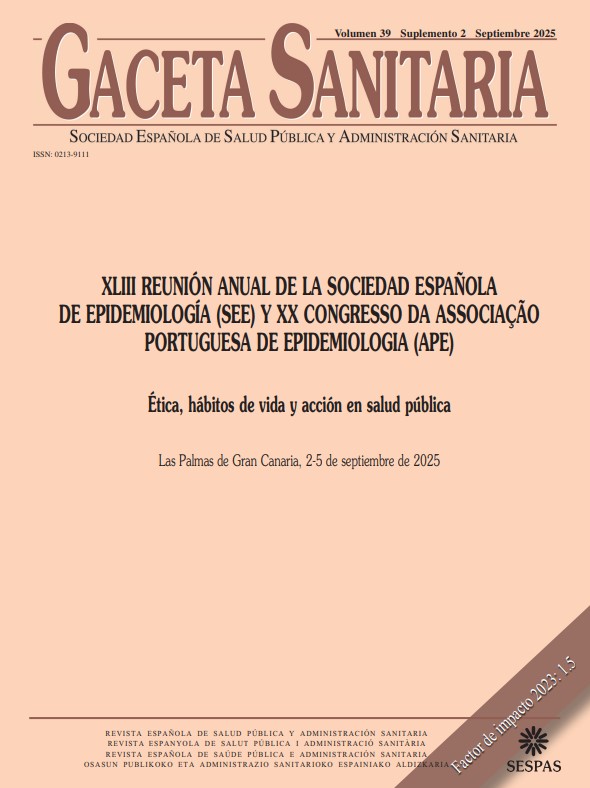889 - HOW CHILDHOOD ADVERSITY IMPACT WELL-BEING? A MIXED METHODS STUDY IN THE GENERATION XXI COHORT
EPIUnit ITR, Instituto de Saúde Pública da Universidade do Porto.
Background/Objectives: Childhood adversity has been linked to long-term health outcomes and premature death. Exposure to adverse childhood experiences (ACEs) can impact emotional regulation, mental health, and social relationships. This study examined emotional responses to ACEs in adolescent girls and boys.
Methods: This sequential explanatory mixed-methods study used data from the Portuguese population-based cohort Generation XXI. We analysed ACEs' prevalence and associated emotional responses in 4,640 adolescents who completed a self-report questionnaire at age 13. Semi-structured interviews were conducted at age 18, including 36 participants and analysed using thematic analysis to identify patterns related to ACEs.
Results: The most prevalent ACEs were “shout, yell or scream at you” (58.9%), the death of a close relative or friend (48.4%), and witnessing parental conflict (48.3%). Emotional responses varied by sex, with girls reporting higher distress to adversity. The emotional impact of ACEs did not always align with their prevalence. While being shouted at was the most common ACE, losing someone close was the experience that induced the most negative feelings (71.4% felt very sad or angry). Although boys experienced bullying more frequently than girls (22.1 vs. 12.2%), the latter were more likely to report a negative emotional impact (43.1% for girls vs. 28.9% for boys). Interviews highlighted the centrality of family-related challenges (e.g., parents' divorce, family conflicts, grief and loss), violence (e.g., bullying and domestic violence), health issues (e.g., high blood pressure and COVID-19), and interpersonal relationships difficulties (e.g., toxic friendships and romantic relations) as the main stressful experiences faced during childhood. Academic pressure and school adaptation difficulties also emerged as significant experiences impacting well-being. Also, the qualitative analysis revealed consequences beyond emotional effects, notably social and relational challenges (e.g., frail social connections, social withdrawal and isolation). This further influenced adolescents' overall adjustment and interactions with peers and family.
Conclusions/Recommendations: This study highlights the significant impact of ACEs on adolescent emotional well-being and emphasizes the importance of using mixed methodologies to understand these events deeply. Sex-sensitive approaches are necessary, as boys and girls experience and process adversity differently. There is a need for targeted interventions that include school-based programs and family and social support initiatives to mitigate negative consequences.
Funding: FCT: 2022.06837.PTDC; DOI 10.54499/2022.06837.PTDC; UIDB/04750/2020, DOI 10.54499/UIDB/04750/2020, LA/P/0064/2020, DOI 10.54499/LA/P/0064/2020.















